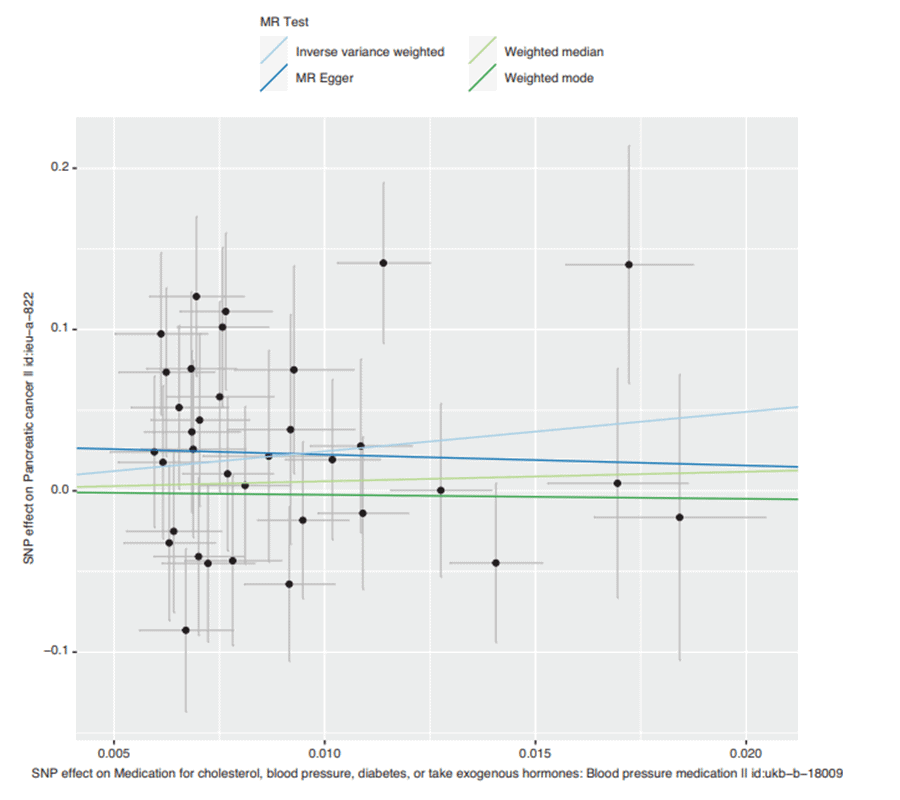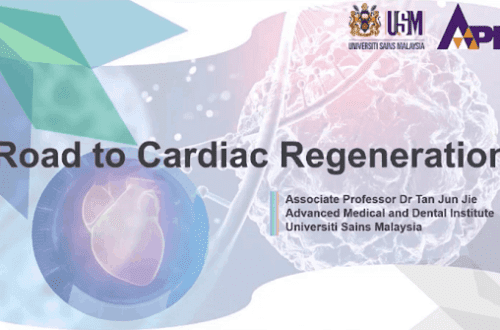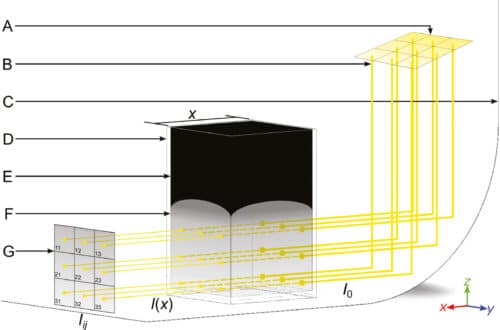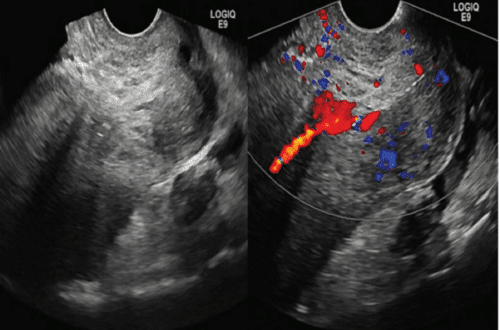
Diabetes Mellitus and Pancreatic Cancer: Investigation of Causal Pathways Through Mendelian Randomization Analysis
Announcing a new article publication for BIO Integration journal. This study investigates the association between diabetes mellitus and susceptibility to pancreatic cancer by using Mendelian randomization (MR) methods and an extensive human genome-wide association study (GWAS) dataset.
The publicly accessible MR Base database was used to obtain the complete genome, relevant research findings, and summary data pertaining to diabetes mellitus and pancreatic cancer. Genetic variables, specifically single-nucleotide polymorphisms closely associated with diabetes mellitus, were selected for analysis. Four methods—inverse variance weighted (IVW) analysis, weighted median analysis, weighted mode, and MR-Egger regression—were used. Statistical analysis was conducted to explore the potential association between diabetes mellitus and susceptibility to pancreatic cancer.
The results of the IVW analysis (OR = 11.56519319, 95% CI 1.275068624–104.8992116, P = 0.0296) indicated a significant causal relationship between diabetes and elevated pancreatitis risk. Furthermore, the absence of horizontal pleiotropic effects (Egger intercept = 0.29, P = 0.384) and heterogeneity (P = 0.126) suggested that the observed association was not influenced by confounding factors. Sensitivity analysis and other statistical methods also supported the conclusion that genetic pleiotropy did not introduce bias to the findings.
A causal relationship exists between diabetes mellitus and the occurrence of pancreatic cancer. People with diabetes mellitus are at high risk of pancreatic cancer and should receive early screening. The IGF signaling pathway may be a key mediator of the effects of diabetes on pancreatic cancer pathogenesis.
https://doi.org/10.15212/bioi-2023-0014
BIO Integration is fully open access journal which will allow for the rapid dissemination of multidisciplinary views driving the progress of modern medicine.
As part of its mandate to help bring interesting work and knowledge from around the world to a wider audience, BIOI will actively support authors through open access publishing and through waiving author fees in its first years. Also, publication support for authors whose first language is not English will be offered in areas such as manuscript development, English language editing and artwork assistance.
BIOI is now open for submissions; articles can be submitted online at:
https://mc04.manuscriptcentral.com/bioi
Please visit www.bio-integration.org to learn more about the journal.
Editorial Board: https://bio-integration.org/editorial-board/
Please visit www.bio-integration.org to learn more about the journal.
Editorial Board: https://bio-integration.org/editorial-board/
BIOI is available on the IngentaConnect platform (https://www.ingentaconnect.com/content/cscript/bioi) and at the BIO Integration website (www.bio-integration.org).
Submissions may be made using ScholarOne (https://mc04.manuscriptcentral.com/bioi).
There are no author submission or article processing fees.
Follow BIOI on Twitter @JournalBio; Facebook (https://www.facebook.com/BIO-Integration-Journal-108140854107716/) and LinkedIn (https://www.linkedin.com/company/bio-integration-journal/).
ISSN 2712-0074
eISSN 2712-0082
Diabetes Mellitus and Pancreatic Cancer: Investigation of Causal Pathways Through Mendelian Randomization Analysis, Deng, Zuliang; Long, Wenxing; Duan, Hanping; Hui, Xie; Tao, Tan, BIO Integration, 2023, https://doi.org/10.15212/bioi-2023-0014




